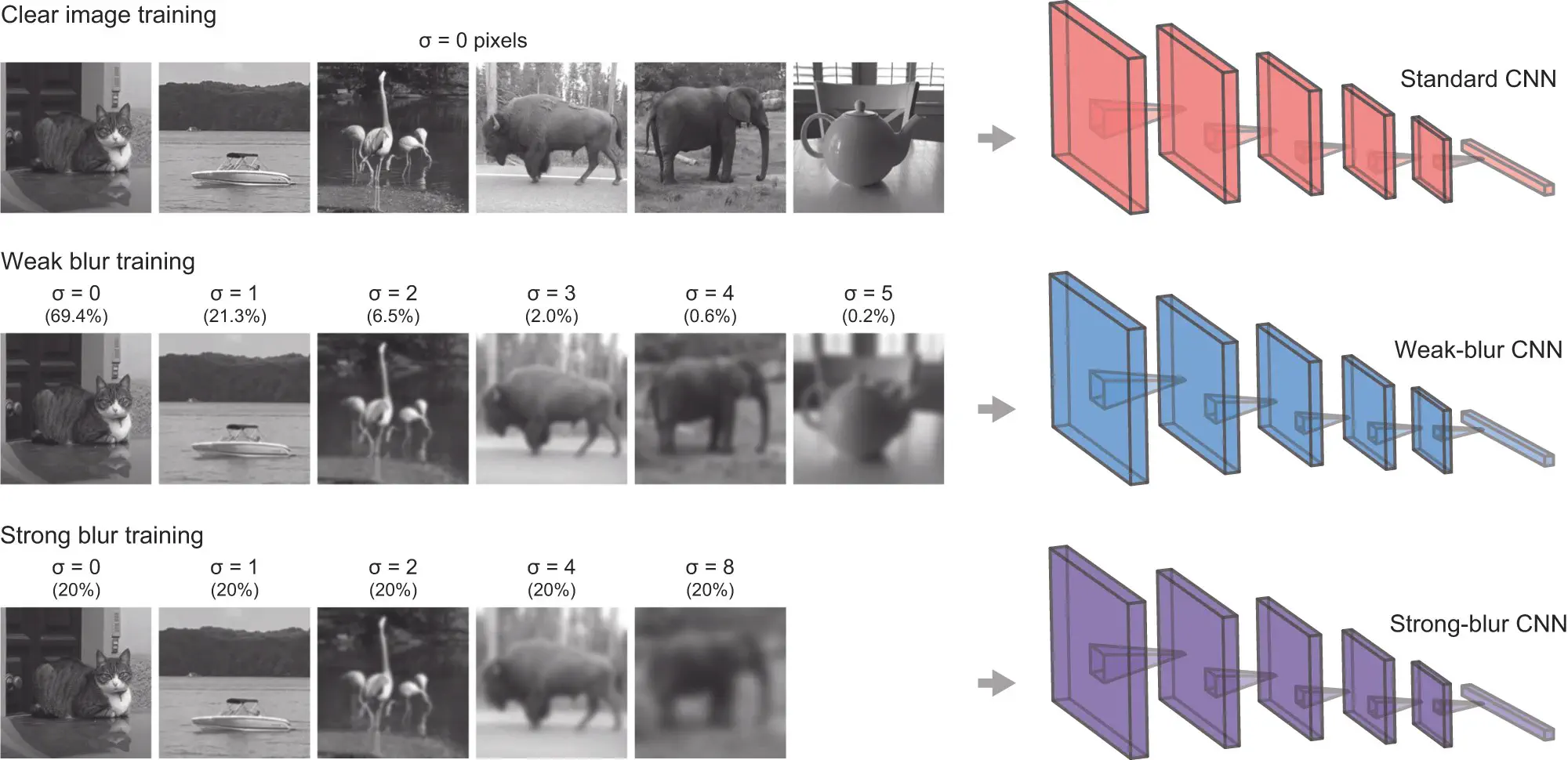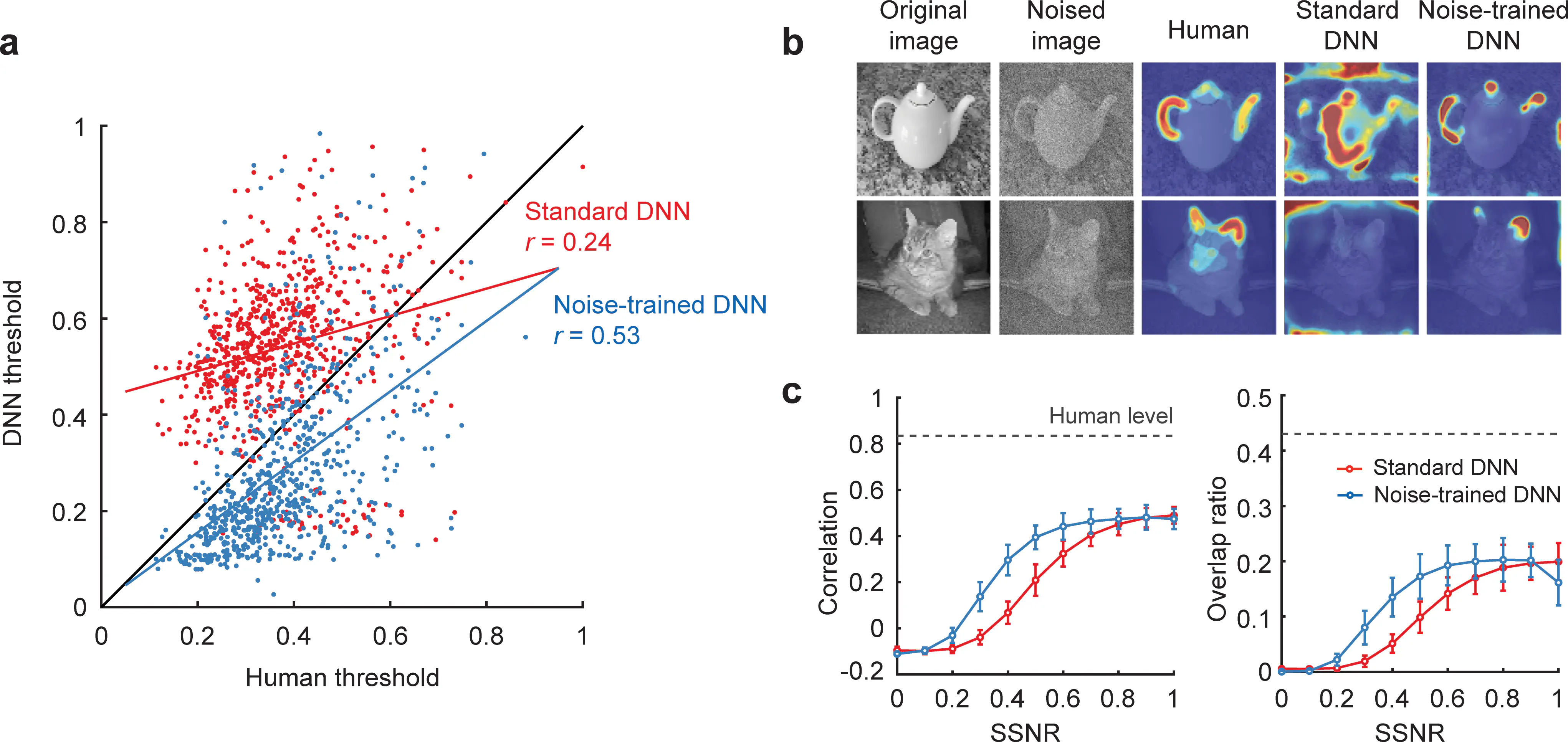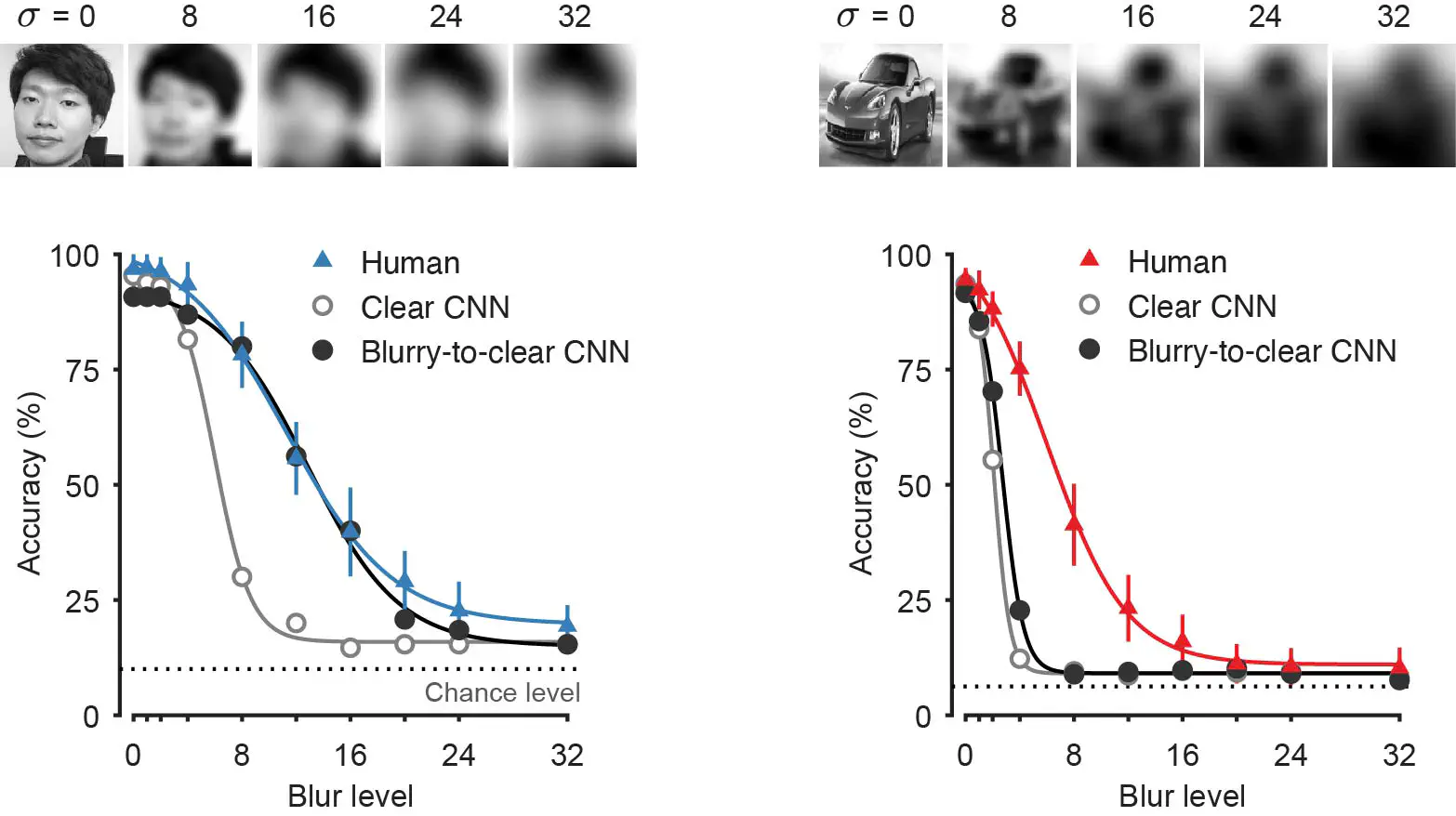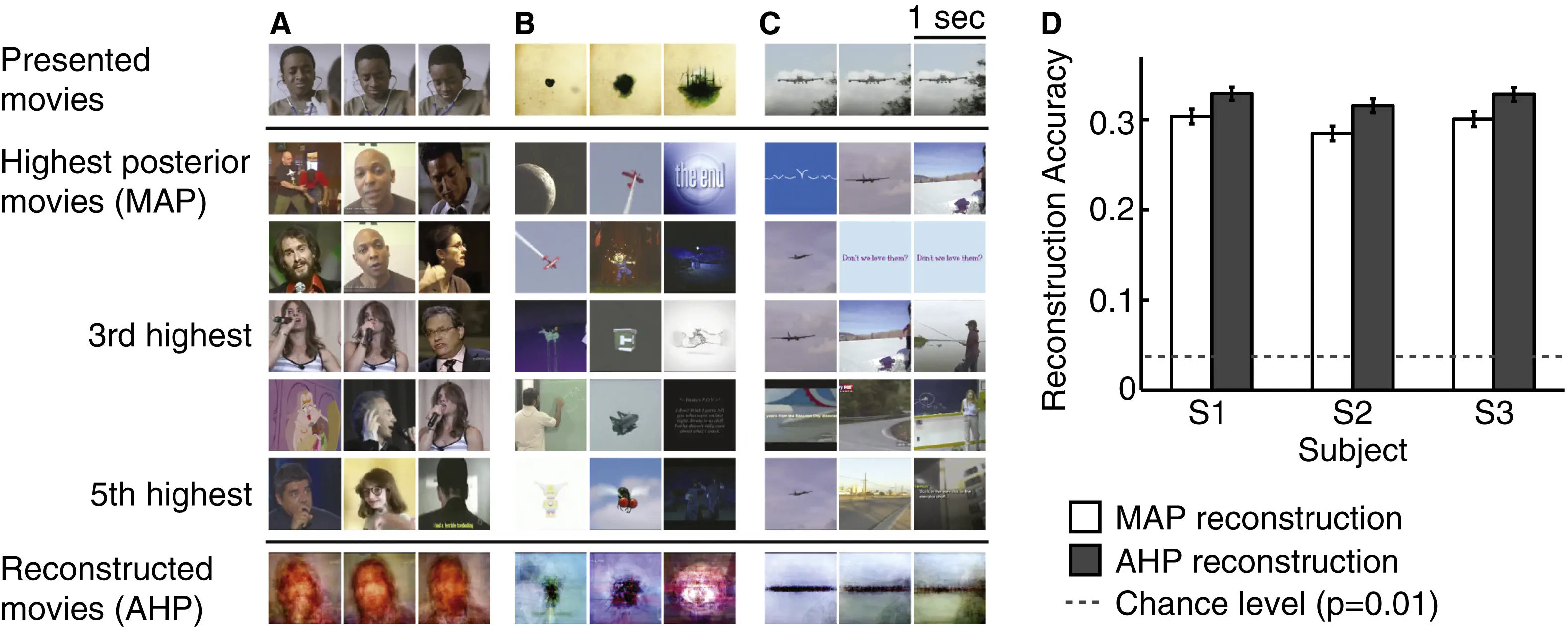Research Interests

Visual Perception
Vision is arguably the most important sense for perceiving information from the world. Despite significant variations in the external environment, our visual system remains stable, consistent, and precise. What mechanisms enable our sophisticated visual system, and how can they be understood? Answering these questions is also crucial for developing reliable machine vision models.

Human-Machine Cognition
Recent advances in deep learning have enabled novel approaches to the study of human cognition. By systematically comparing human and machine cognitive systems, we gain a deeper understanding of the computational principles underlying complex, high-level cognition. This understanding becomes increasingly important as machine systems become integral to daily life.

Brain-Inspired AI
Exploring how psychological and neuroscientific knowledge can advance machine models presents a promising research direction. Our group is interested in investigating machine models that not only mirror biological systems but also provide tangible advantages for applications in the real world.

Brain Decoding
Brain decoding techniques offer a novel approach to accessing and interpreting the mental processes of perception and cognition. These methods allow researchers to decode the complex mental processes without the need for individuals to verbally articulate their thoughts, thus often referred to as “neural mind reading.”